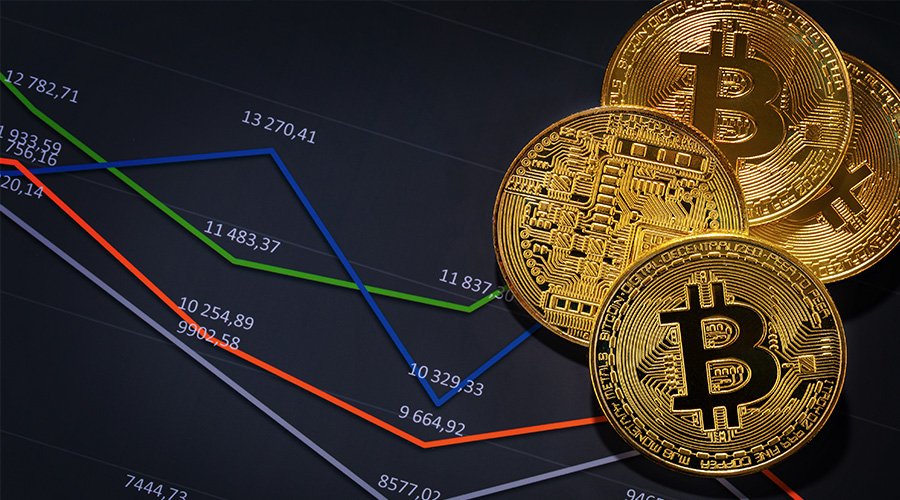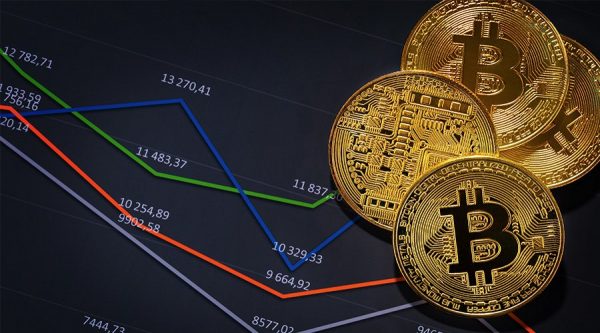As of the time of writing this, cryptocurrencies are recovering from a particularly bad price descent. The incident caused a fair bit of panic-selling among crypto holders. It has also caused many newbies in the digital coins market to wonder whether this whole endeavour is worth their adrenalin rushes and sleepless nights.
Read more about FinTech
Many didn’t know how to react. Was it a good idea to sell their cryptos? Or was holding (HODLing, in crypto parlance) the better strategy?
That episode appears to have passed now—prices have climbed back up somewhat. But the questions raised about the right approach to a market dip will remain valid. More price plunges are up ahead (given the turbulence of this asset class). How should you react when they happen?
We’ll try to answer this question here. But first, let’s recount the events leading up to the recent collapse.
How ‘Black Wednesday’ Happened
Cryptocurrencies took an intense beating on Wednesday. Bitcoin, Ethereum, XRP, and even Dogecoin all lost chunks of value in a massive selloff, as the market reacted negatively to bleak news coming out of China and the United States.
The first blow came when Tesla, the electric car producer, said it would no longer accept Bitcoin payments for its car purchases. Prices tumbled significantly after that. Things got worse after the Chinese government announced that it was banning financial institutions in the country from getting involved in crypto transactions.
Bitcoin was hit quite badly. At one point it dipped to $30,000, down sharply from its $64,000 high in April. Ethereum also lost most of the value it had accumulated over the past three-and-a-half months.
This tornado wiped out 50% of global cryptocurrency market capitalization.
A cautious recovery kicked off on Thursday. But the trading arena remains uneasy. Who knows what bad news is waiting in the corner, ready to knock everyone off the precipice once again?
How Should You React To A Dip?
Judging from similar events in the past, it’s easy to settle for one of two alternatives. You could ‘HODL’—hold on to what you have. Or you could go beyond holding, and acquire more cryptocurrencies, i.e. buy the dip. Thus far, every market tumble has been followed by a rebound, and prices have generally trended upwards.
Sign up to the Connect Nigeria daily newsletter
Is that it then? Hold when prices drop, and, if possible, buy the dip?
The answer to this question depends on at least two factors. Let’s call them internal and external factors.
Internal Factors
Are you willing to stay at your crypto stake for as long as it takes for prices to get back up?
Remember, in 2018, Bitcoin prices fell from a high of nearly $20,000 to below $4,000. And it remained in the depths for most of that year. How did you react to it? Could you take another crash of this sort? Could you wait it out for a year, or longer?
We often have no way of knowing how long these dips would last. So it may be left to the individual to decide whether they’d remain vested or not. Not surprisingly, many lose faith after a while– which is why only a few profit heftily from rebounds.
There’s also the question about whether you consider your stake dispensable or not. Ideally, you shouldn’t invest money in crypto unless it’s money you can afford to lose.
So, if you’re in it for the long haul, and can afford to let go of the money you’ve put in, you could retain your position in the face of a severe dip.
External Factors
There are big risks around cryptocurrencies that may be beyond your control.
Wednesday’s news out of China seemed particularly threatening because that country accounts for more than 70% of global Bitcoin mining. If crypto activity there goes cold, it could erase a huge portion of the world’s cryptocurrency market.
Analysts differ as to the potential effect of a widespread attempt at regulating cryptocurrencies. Many think that not even sovereign states can halt the march of cryptos and decentralized finance (DeFi). Others are a bit more modest with their claims to ultimate victory.
Even with the prospect of regulation or a full-scale clampdown (for any reason), people remain willing to trade digital currencies. And this willingness is enough to keep the market alive.
Again, the advice here would be to hold your position if it’s money you can afford to lose—and you shouldn’t be putting money in this if it’s not money you can afford to lose.
Final Words
The crypto market is volatile. It’s not for the faint-hearted. But when a dip occurs, it’s wise to evaluate your holdings and the market. Don’t panic-sell just because everyone else is doing so. If you’re certain that your strategy is good enough, stick to it, and ride the waves. Hopefully, you’ll come out in better shape.
Featured Image Source: Analytics Insights
Got a suggestion? Contact us: [email protected]


